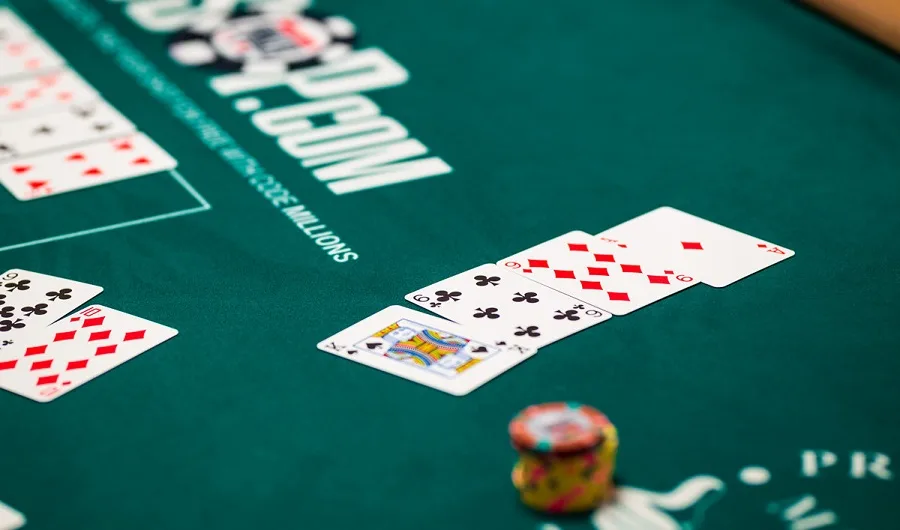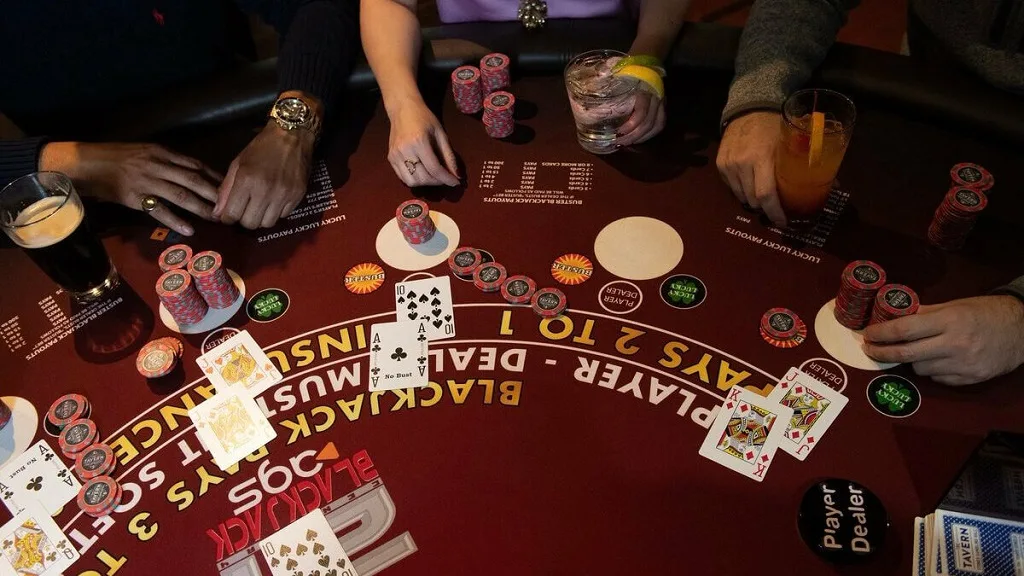Omaha Poker: From Beginner Tips to Tournament Success

Omaha poker, a thrilling and strategic variant of poker, has captivated players worldwide with its unique gameplay and complex decision-making. This comprehensive review explores the origins, rules, and strategies of Omaha poker, providing insights into its enduring popularity and the vibrant tournament scene that surrounds it.
When it was created and by whom
Omaha poker’s origins trace back to the 1980s, emerging as a variation of Texas Hold’em to offer players a more complex and strategic game. While the exact creator remains unknown, the game quickly gained popularity in the United States, particularly in Las Vegas, becoming a staple in casinos and later, online poker platforms.
What are the rules of the game
Omaha poker is played with a standard deck of 52 cards. The main distinction from Texas Hold’em is that players are dealt four hole cards instead of two. Players must use exactly two of their hole cards and three community cards to make the best five-card hand. The game typically follows a pot-limit betting structure, adding a layer of strategy in the betting process.
Betting Rounds
- The game includes four rounds of betting: pre-flop, the flop, the turn, and the river, with a round of betting following each stage. The community cards are revealed in three stages: the flop (three cards), the turn (one card), and the river (one card).
Hand Rankings
- Hand rankings in Omaha poker follow the traditional poker hand rankings, with a Royal Flush being the highest possible hand and a High Card being the lowest.
Tips for beginners
- Starting Hands: Focus on starting hands that have the potential to develop into strong hands, such as those with suited cards or connectors.
- Position Play: Pay attention to your position at the table, as it significantly impacts your strategy.
- Manage Your Bankroll: Be mindful of your bankroll and avoid playing at stakes that are too high for your budget.
- Reading the Board: Learn to read the board effectively, understanding the possible hand combinations.
- Practice: As with any poker game, practice is crucial. Participate in low-stakes games or online simulations to gain experience.
How popular the game is
Omaha poker has seen a surge in popularity, particularly in online poker rooms and in casinos across Europe and the U.S. Its strategic depth and the variety it offers from traditional Texas Hold’em attract both seasoned players and newcomers to the game.

Are there any tournaments for this game
Yes, Omaha poker tournaments are a staple in the world of competitive poker. Major tournaments, including the World Series of Poker (WSOP), regularly feature Omaha events, drawing in players from around the globe to compete for substantial prize pools.
The strategic depth of Omaha Poker
Omaha poker’s requirement of using exactly two hole cards introduces a significant strategic depth. Players must navigate the complexities of multiple potential hand combinations, making the game both challenging and rewarding.
The importance of strategic play in Omaha
Omaha poker’s appeal lies in its intricate balance of luck and strategy. Successful players are those who master the nuances of the game, from hand selection to reading the board and managing their bankroll. As Omaha continues to grow in popularity, its rich strategic elements ensure it remains a beloved variant among poker enthusiasts.





